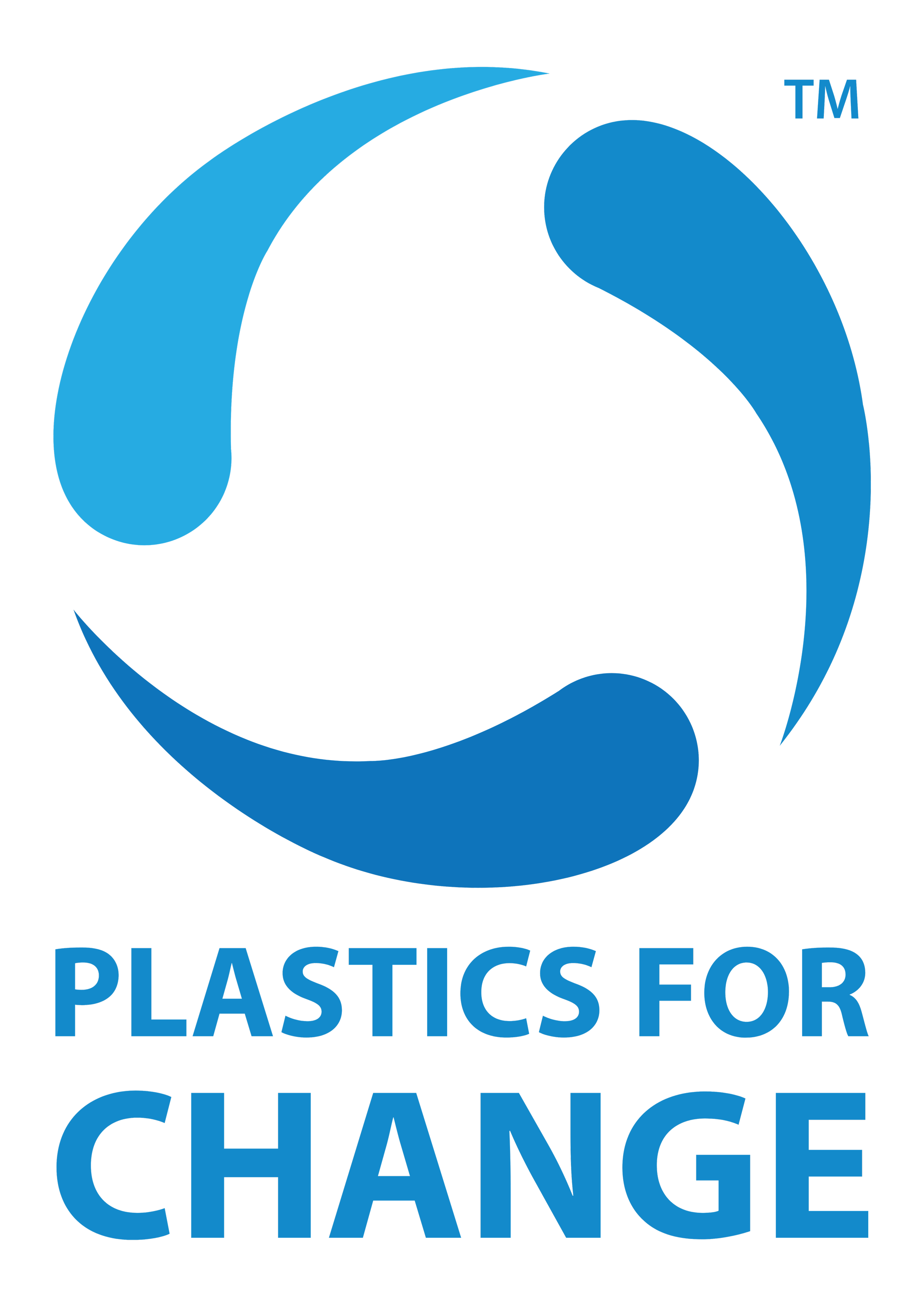Can a Billion-Dollar Plastic Credit Market Truly Tackle the Waste Crisis from the Ground Up?
As plastic credits surge in value, the real question isn't just how much they're worth but who they’re really working for.
(Source Credits: Plastics For Change)
Imagine a world where pollution has a price and accountability, a currency.
India’s plastic credit market is poised for significant growth, projected to expand by 70% to reach $1.7 billion by 2030. This surge is primarily driven by the implementation of stricter rules under the Extended Producer Responsibility (EPR) framework, which mandates plastic producers, importers, and brand owners to incorporate recycled content in their packaging materials.
Can we buy our way out of the plastic crisis or will this new economy finally make producers pay for what they pollute?
Every year, over 300 million tonnes of plastic waste is generated globally. Much of this ends up in oceans, landfills, or incinerators. But the real cost should be measured in human lives and ecosystems damaged. In India alone, tens of thousands of informal waste collectors risk their health every day for mere pennies, shouldering the burden of a problem they didn’t create.
While plastic may be cheap to produce, it’s devastatingly expensive to ignore.
Plastic Credits / Recovery Programs: What They Are and Why They Matter
A plastic credit also known as the plastic recovery program is a verified certificate that represents the collection or recycling of plastic waste. Think of it as a sustainability IOU, a way for businesses to account for the plastic they produce by investing in its removal or responsible reuse elsewhere.
But here’s the catch: this isn’t just a way to “offset guilt.” Thanks to India’s new Extended Producer Responsibility (EPR) rules, companies now have a legal obligation to incorporate recycled content in their packaging from 5% today to 60% by 2028 - 29.
This regulation has unlocked a new market, a $1.7 billion opportunity where impact and innovation intersect.
The Real Opportunity:
The explosive growth of plastic recovery programs could become the next transformative tool for justice, but it all depends on how we build the ecosystem.
If implemented with traceability, equity, and local accountability at the center, they offer a powerful opportunity to redirect capital to the very people who’ve long held the recycling system together.
India holds a unique position. With more than 1.5 million informal waste collectors and a growing policy framework around circularity, it can be the torchbearer for how plastic credits can actually work ethically and inclusively.
But success here will depend on how we design the ecosystem:
Can we ensure every plastic credit comes from a traceable, ethical supply chain?
Can we make sure the money flows to the hands that actually collect, clean, and process the plastic?
Can we shift the narrative from mere compliance to shared ownership?
Our Plastic Recovery Programs:
At Plastics For Change, we believe that waste can be the beginning of change, not the end of the line.
Our Fair Trade verified and traceable supply chains ensure that plastic credits are not just about compliance but about impact. Every credit we generate supports waste collectors with fair wages, safe working conditions, and access to opportunities once denied to them.
If we must live in a world of plastic, let’s at least ensure we’re building it on the foundation of dignity, justice, and change.
Final Thought: If You Can’t Trace It, You Shouldn’t Trade It
The plastic credit market won’t solve the crisis alone. But it could help rewrite the rules of accountability where corporations are asked to put their money where their plastic is.
Partner with us to learn how you can create such impact.

